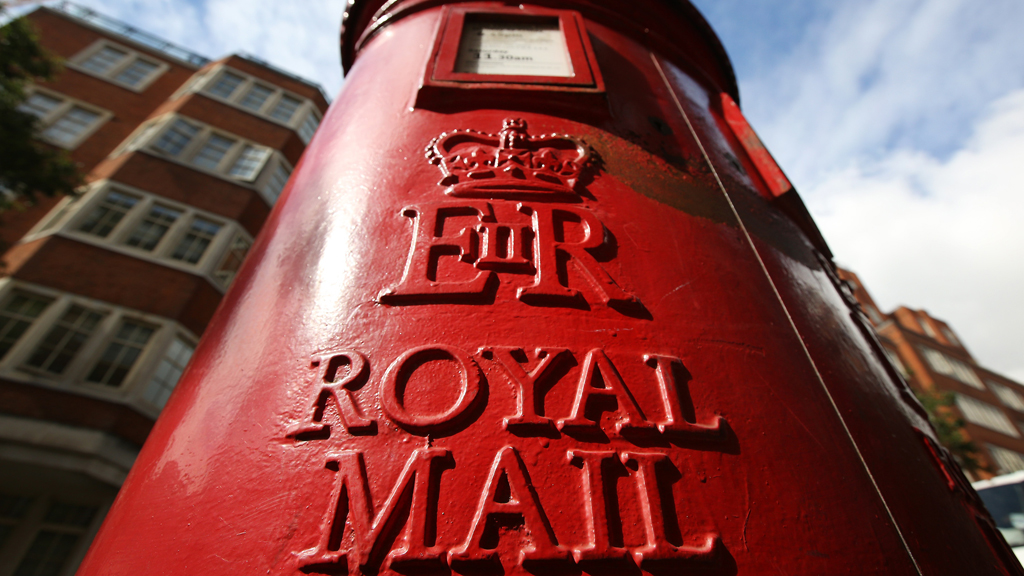The postal service, once an essential cornerstone of communication, has undergone a remarkable journey throughout history. Its roots can be traced back to ancient civilizations, where messages were carried by messengers on foot or horseback. However, the true transformation occurred with the advent of postal services in the 17th century, notably exemplified by the Royal Mail in England. This marked the formalization of mail delivery, setting the stage for a system that would become an integral part of societies worldwide.

Evolution of Postal Service: The 19th and 20th centuries witnessed the postal service’s evolution into a global network, connecting people across vast distances. Innovations such as postage stamps, postal codes, and airmail services streamlined the process, making communication more accessible than ever. The postal service became a symbol of reliability, a lifeline for both personal and business communication. However, as the world entered the digital age, the rise of email and instant messaging posed a formidable challenge to traditional mail services. The convenience and speed of electronic communication began to overshadow the time-consuming process of sending physical letters.

Decline and Challenges: In recent decades, the decline of postal services has been palpable. Many postal organizations have faced financial struggles, grappling with decreased demand for traditional mail services. The shift towards digital communication and online transactions has further accelerated the decline. E-commerce giants have developed their delivery networks, bypassing traditional postal systems and, in some cases, rendering them obsolete. Additionally, environmental concerns have put pressure on postal services to adopt more sustainable practices, challenging the conventional reliance on fossil fuels for transportation.

Future Forecast and Adaptation: Despite the challenges, the future of postal services holds potential for adaptation and transformation. Forward-thinking postal organizations are embracing technological advancements, integrating digital solutions, and redefining their roles. Some are exploring innovative collaborations with e-commerce platforms, capitalizing on the surge in online shopping. Moreover, there is a growing emphasis on eco-friendly practices, with an increasing number of postal services adopting electric vehicles and sustainable packaging. The future may see a hybrid model, blending traditional mail services with modern, tech-driven solutions to meet the evolving needs of a dynamic society. As we move forward, the survival and revival of postal services will depend on their ability to reinvent themselves, ensuring relevance in the ever-changing landscape of communication.

The rise and decline of postal service encapsulate a transformative journey from ancient messengers to a global network. While digital communication has posed challenges, postal services have shown resilience, adapting with innovations and sustainable practices. The future promises a fusion of tradition and technology, as postal services redefine their roles. As society evolves, the postal service’s ability to embrace change will determine its continued relevance in the ever-shifting landscape of communication.

